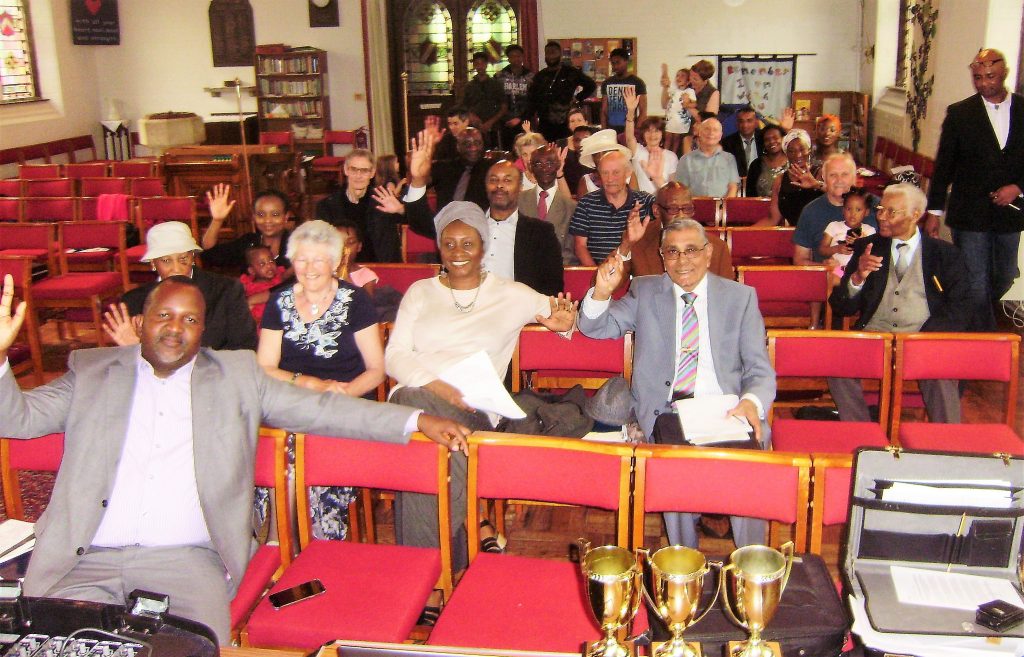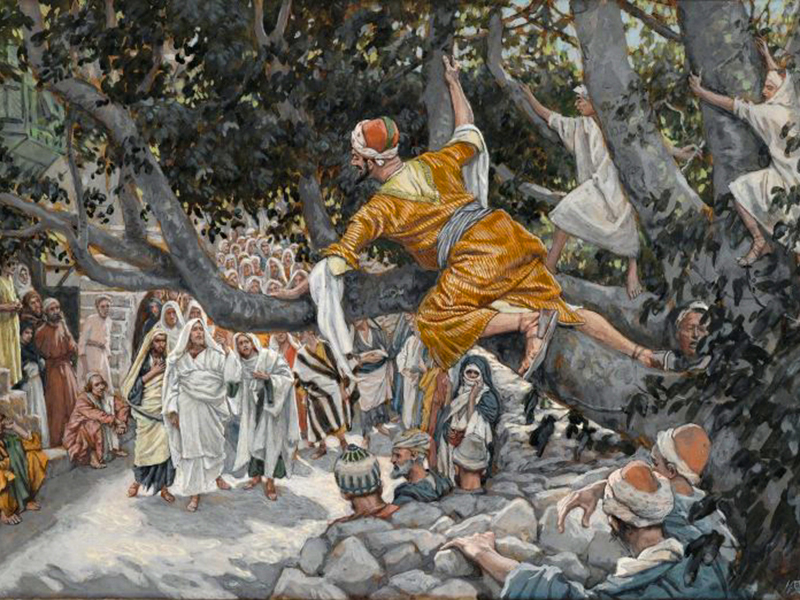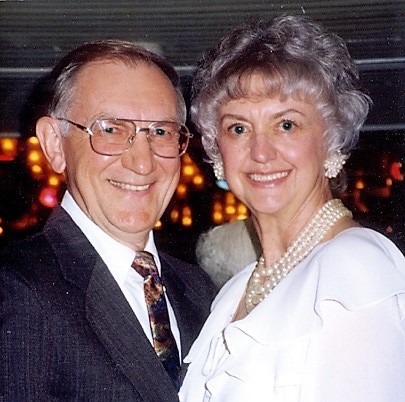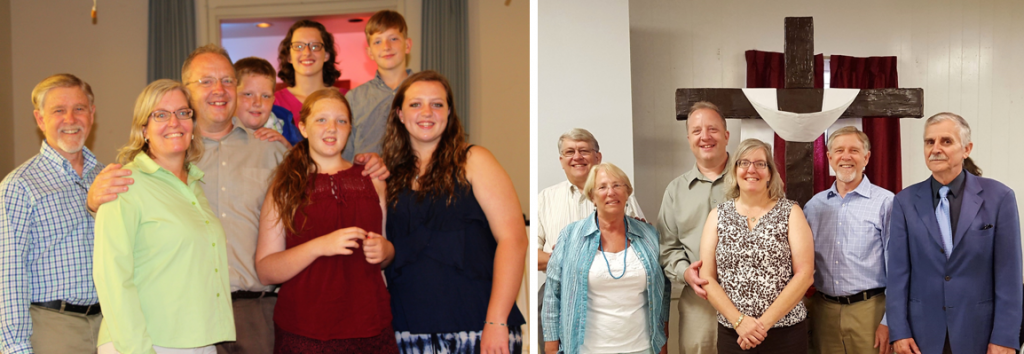Dear Brothers and Sisters,

I know we’re praying for the thousands of people who continue to suffer as a result of Hurricane Harvey, and now there is great concern about Hurricane Irma’s impact in the Caribbean and on Florida. For an update on how our members in Texas fared, and how you can join in assisting them, click here. In times of tragedy, I’m comforted knowing that Jesus is Lord of all, and that includes his lordship over storms. As I’ll now explain, it also includes his lordship over time itself.
Back in 1970, the music group Chicago had a hit titled Does Anybody Really Know What Time It Is? Perhaps you remember its chorus:
Does anybody really know what time it is?
Does anybody really care?
If so, I can’t imagine why,
we’ve all got time enough to cry.
Time fascinates us—some are captivated by the past, others by the future, and time travel is the theme of many popular books and movies. Enter a room filled with people and you might hear one group lamenting their lack of time and another lamenting their struggle to fill it. Personally, I often wish I had more time. Better still, would be to share in Jesus’ ability to exist both within and outside of time. His resurrection, post-resurrection appearances, ascension and promise of a new creation, all point to the reality that the incarnate Son of God truly is “the Alpha and the Omega, the beginning and the end, the first and the last” (Rev. 22:13).
Sovereign over the past, the present and the future, Jesus is Lord of time.
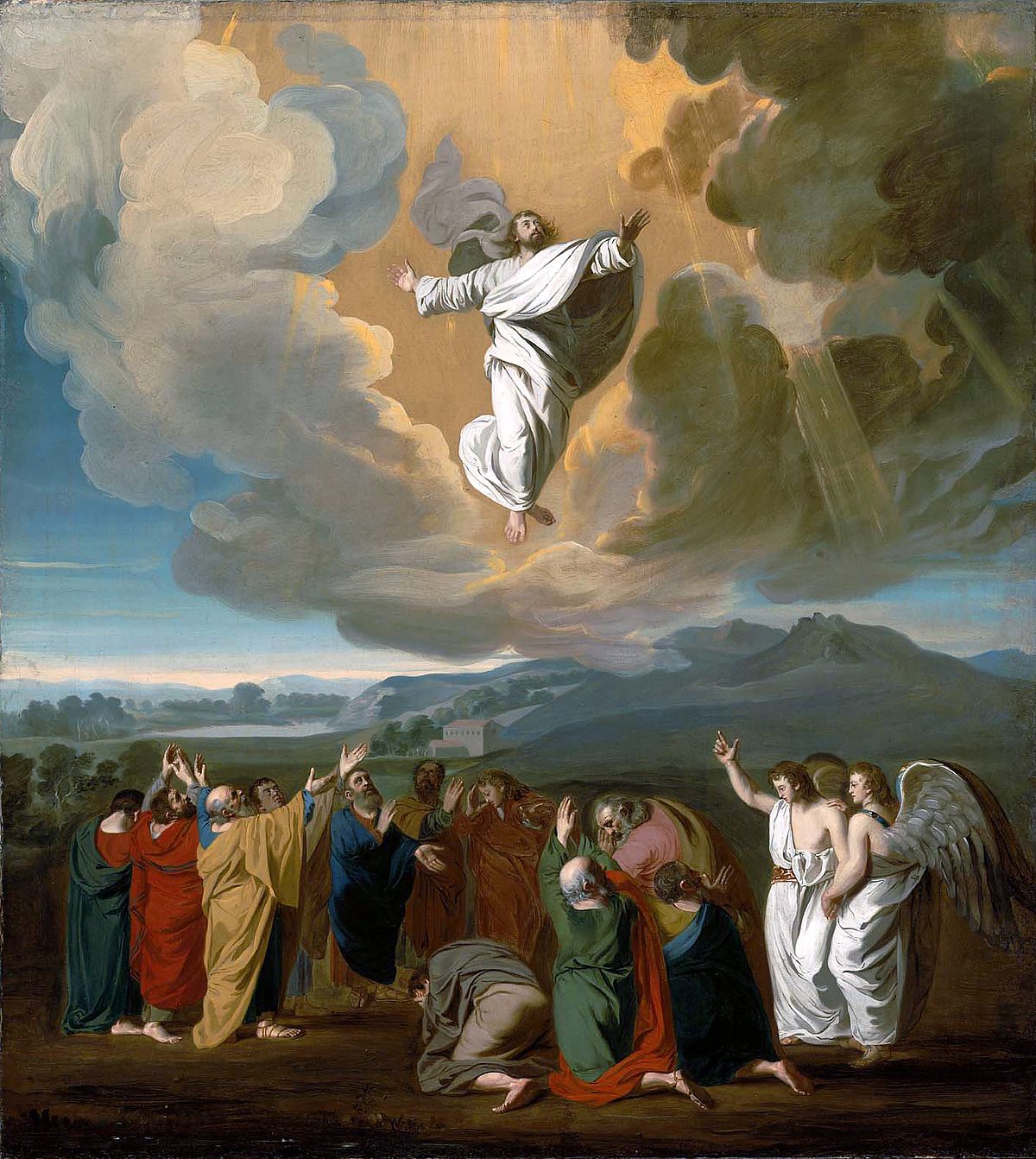
(public domain via Wikimedia Commons)
Explaining exactly how Jesus exists both within and outside of time (a concept with cosmological and philosophical implications) is certainly beyond the scope of this letter (and beyond the powers of any time-bound creature!). However, I do want to address what Scripture tells us concerning Jesus’ relationship to time. Let’s begin with this important passage:
In the beginning was the Word, and the Word was with God, and the Word was God. He was with God in the beginning. (John 1:1-2)
The Word (Logos) of God, “for whom and through whom everything exists” (Heb. 2:10) was present when time (and all created “things”) came into being. The Word is thus Lord over time. As Karl Barth notes, defining what this created thing we call “time” is, including how it could have a point of beginning within God’s eternity, is no small undertaking:
The nature of time and eternity is not something we can fathom for ourselves. We grasp it only when, against the background of God’s intervention in human time, we understand what time really is.

We cannot explain how Jesus, the incarnate Word, exists both within and outside time. Whereas the BBC’s Dr. Who needed his spaceship TARDIS (Time And Relative Dimensions In Space) to travel through time and space, Jesus is “the Alpha and the Omega”—the “Almighty” one, “who is, and who was, and who is to come” (Rev. 1:8). Jesus exists simultaneously within time (temporality) and outside time (eternity). His “eternal presence” encompasses that which was, now is, and is yet to come. In love and for love, the triune God gave his creation a “triadic temporality” in which there is a past, a present and a future.
Karl Barth helps us think of time as existing in two ways: chronological (temporal) time and uncreated (eternal) time. Scripture tells us that God transcends temporal time—Psalm 90:2 declares that God is “from everlasting to everlasting” (with no beginning or end), an idea we cannot fathom from our perspective within the confines of temporal time. Psalm 90:4 then contrasts God’s eternity with human temporality: “A thousand years in your sight are like a day that has just gone by.” The apostle Peter put it this way: “With the Lord a day is like a thousand years, and a thousand years are like a day” (2 Pet. 3:8). In making this statement, Peter is not providing a secret code for calculating the date of Jesus’ return (the Bible warns us against trying to do that). Instead, Peter, like the Psalmist, is using a metaphor to explain that God, who is beyond time, sees and inhabits the past, present and future simultaneously.
This metaphor helps us understand something of God’s relationship to time. Knowing “the beginning from the end” (Isa. 46:10), God takes in the full panorama of human existence while also focusing his attention on particular moments within temporal time. Note, however, that this does not mean that the cosmos operates in accordance with some sort of “fatalistic determinism.” Instead, God interacts with created time from outside time, all the while giving time and space as a gift, within which his creatures may interact with him.
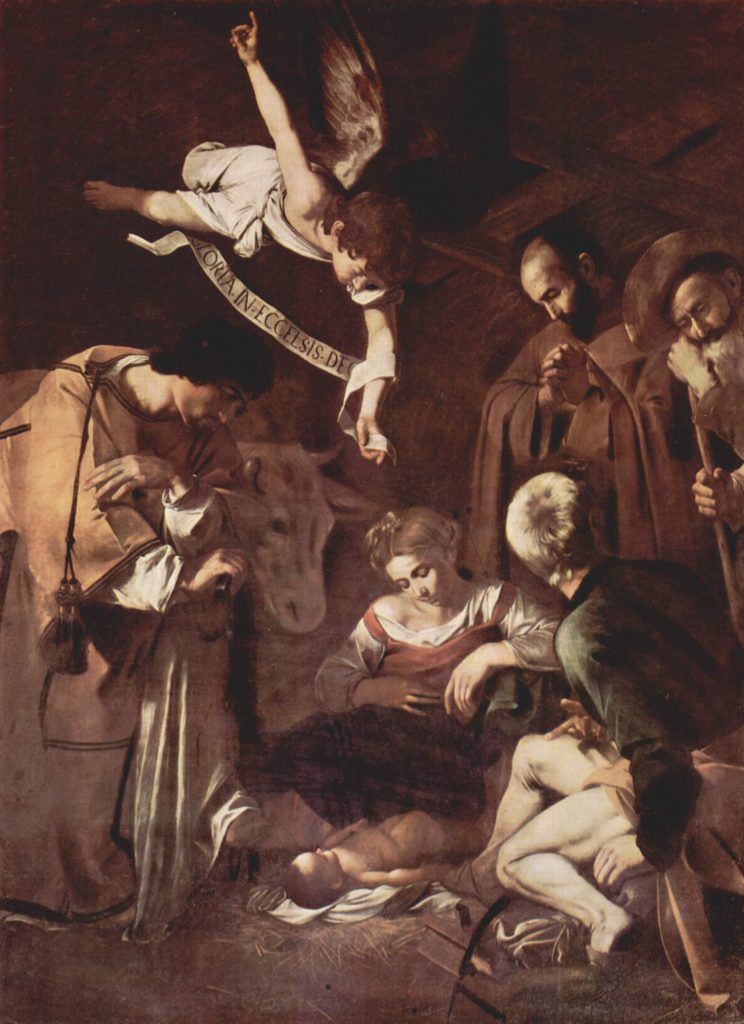
(public domain via Wikimedia Commons)
The virgin birth and bodily resurrection of Jesus give powerful witness to how God interfaces with the time of the created world. When God created the universe in and through the eternal Son of God (the Word), he created it in such a way that he could interact with it. Then, via the Incarnation, the Word stepped into created time while remaining what he was, the eternal Son of God. He did so to bring to completion his plan for fellowship and communion with his human creatures and all creation.
With these thoughts in mind, Barth instructs us to view eternity as fulfilled time rather than as timelessness. Our Triune God has his own kind of time. The Father, Son and Spirit have always had divine time for one another, for relating or interacting with one another in loving, knowing and glorifying ways. God’s kind of time we call eternity. It has no beginning or end, and needs no perfecting. God exists in the fullness of time, all the time, in his own kind of divine time. More than this, we cannot say. But our time, the time created through the Word of God (the Logos), apparently has some created similarity to God’s time, though our time must be perfected—liberated from its passing away into nothing as we now experience it.
Because Jesus is Lord of time, he is present in terms of who and what he was in the past, who and what he is in the present, and who and what he will be in the future (made clear when he returns and all time is redeemed). As Lord of time, only Jesus can redeem the past. He has not allowed anything to happen in his good creation that he cannot, in the end, redeem. The crucifixion of the Lord of created and uncreated time was turned into eternal life and immortality for us in him by the astounding grace of his resurrection (1 Cor. 15:53-54).
In this reality, we take comfort. As we live in the here and now—the already, but not yet—with its challenges and even threats, we look forward to eternity when fallen, unfulfilled time will be no more, and our Triune God will have all the time for us, and we’ll have all the time for him and for one another. It will be a glorious time—one with no pain, no regrets, no evil, for the past will have been completely redeemed. Let us have hope, relying on Jesus, the Lord of time, and on his words of promise:
Behold, I am making all things new. (Rev. 21:5, ESV)
Happy knowing that God, who transcends time, dwells in time with us,
Joseph Tkach


